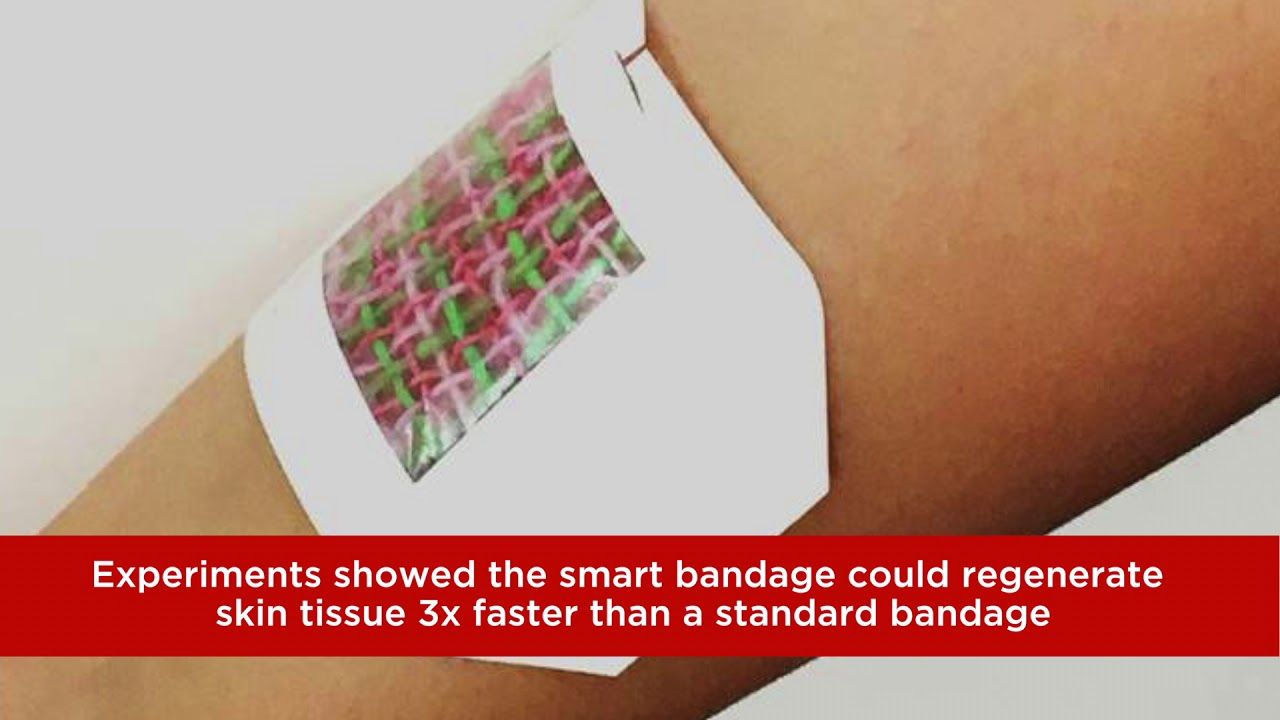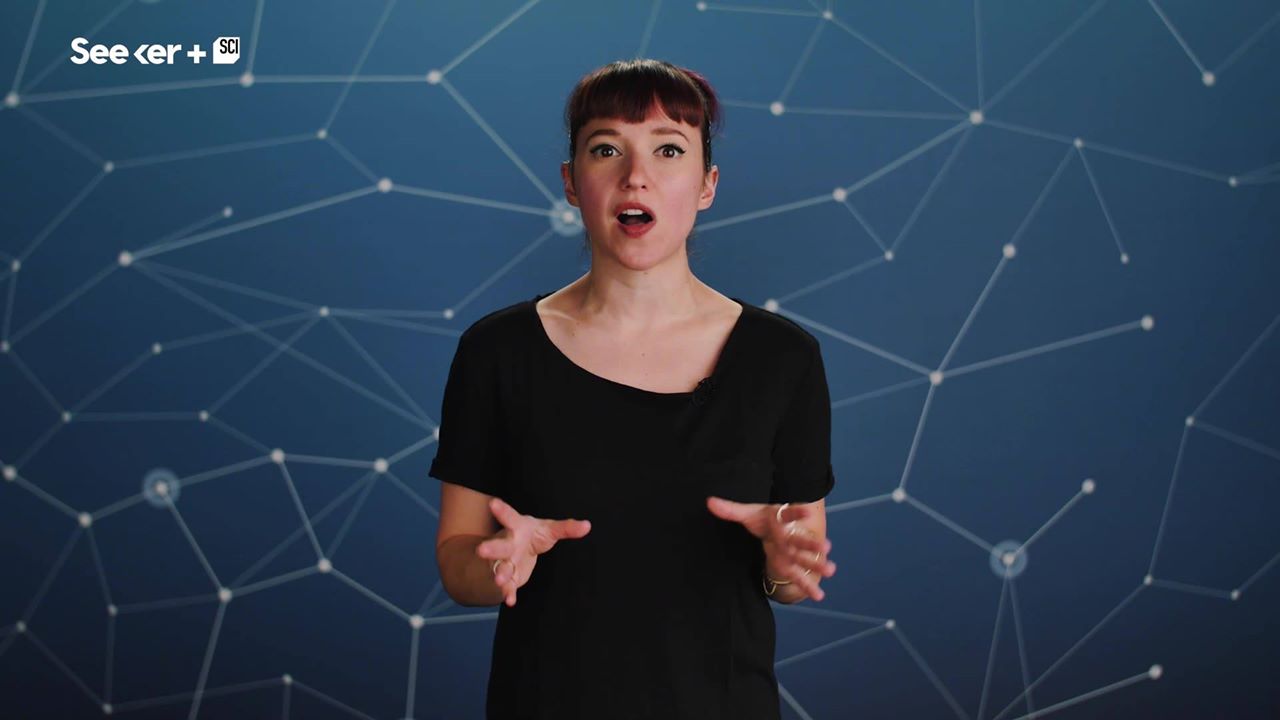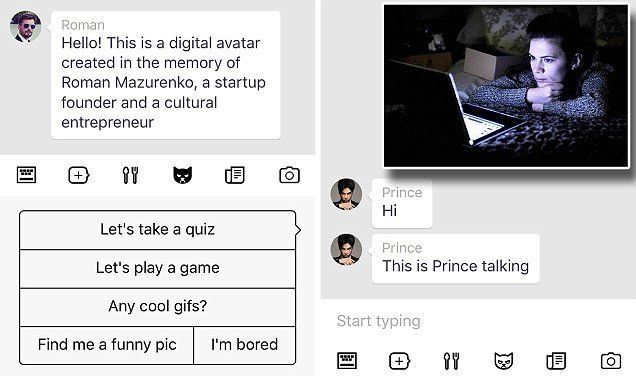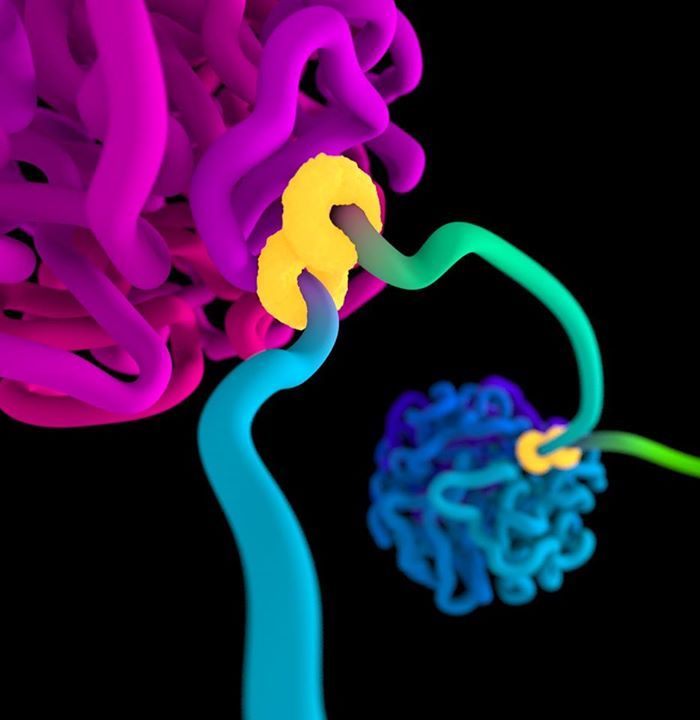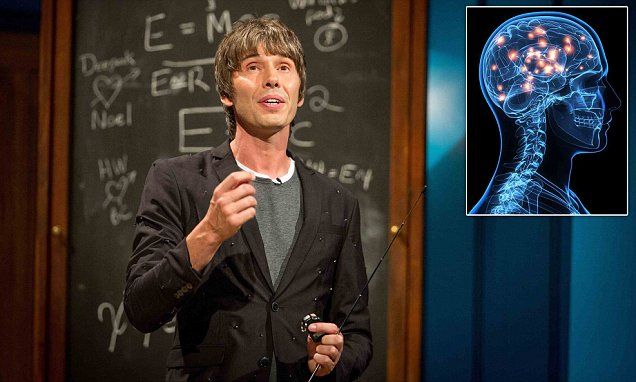Do you remember all the hoopla last year when the Higgs Boson was confirmed by physicists at the Large Hadron Collider? That’s the one called the ‘God particle’, because it was touted as helping to resolve the forces of nature into one elegant theory. Well—Not so fast, bucko!…
First, some credit where credit is due: The LHC is a 27-kilometer ring of superconducting magnets interspersed by accelerators that boost the energy of the particles as they whip around and smash into each other. For physicists—and anyone who seeks a deeper understanding of what goes into everything—it certainly inspires awe.
Existence of the Higgs Boson (aka, The God Particle) was predicted. Physicists were fairly certain that it would be observed. But its discovery is a ‘worst case’ scenario for the Standard Model of particle physics. It points to shortcomings in our ability to model and predict things. Chemists have long had a master blueprint of atoms in the Periodic Table. It charts all the elements in their basic states. But, physicists are a long way from building something analogous. That’s because we know a lot more about atomic elements than the fundamental building blocks of matter and energy. [continue below image]
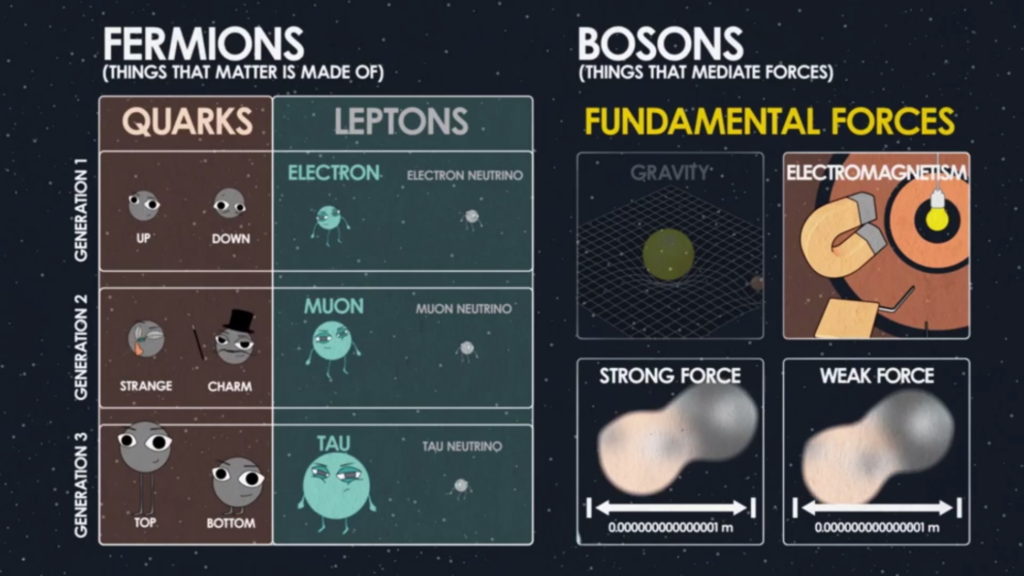
Continue reading “Fundamental Particles & Forces: What do we know?” »
